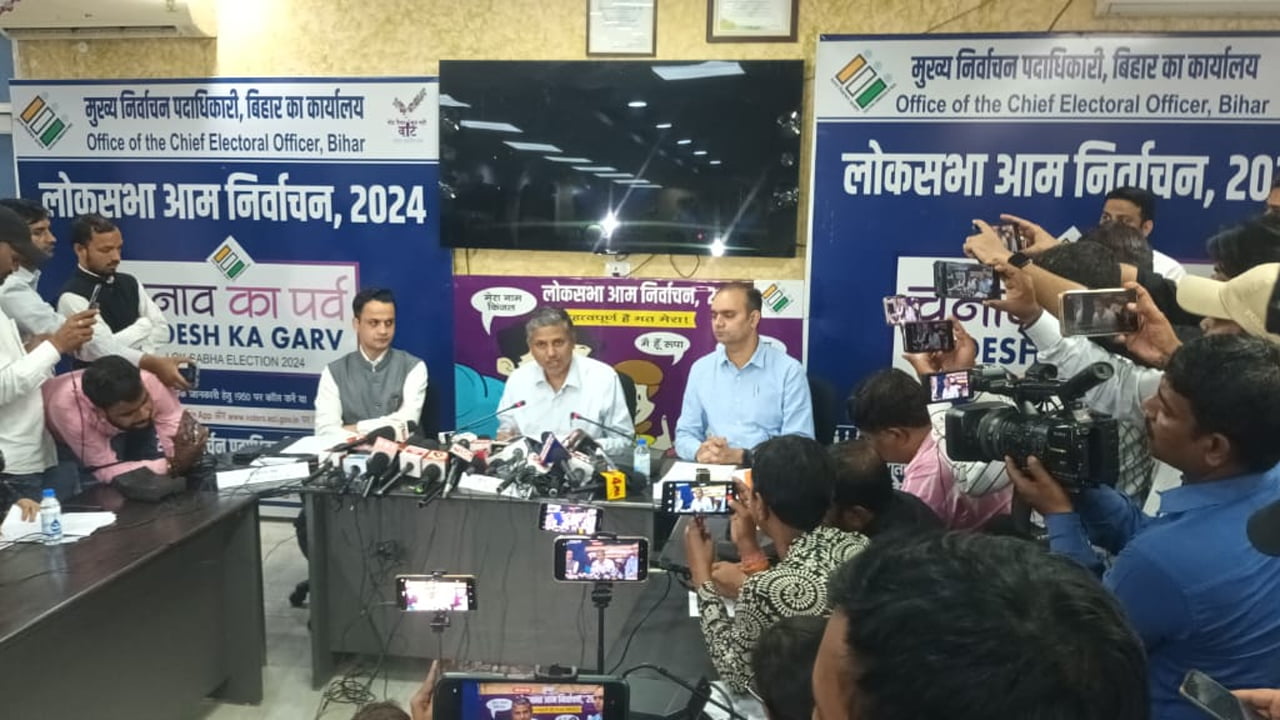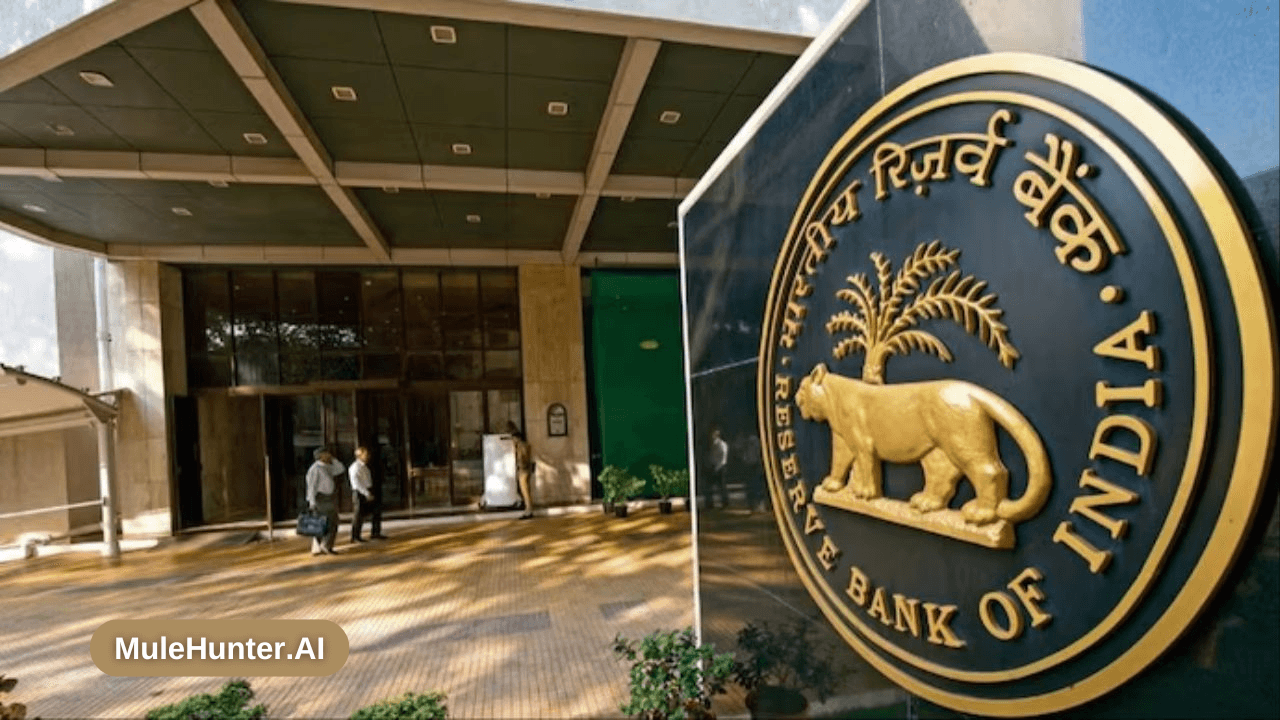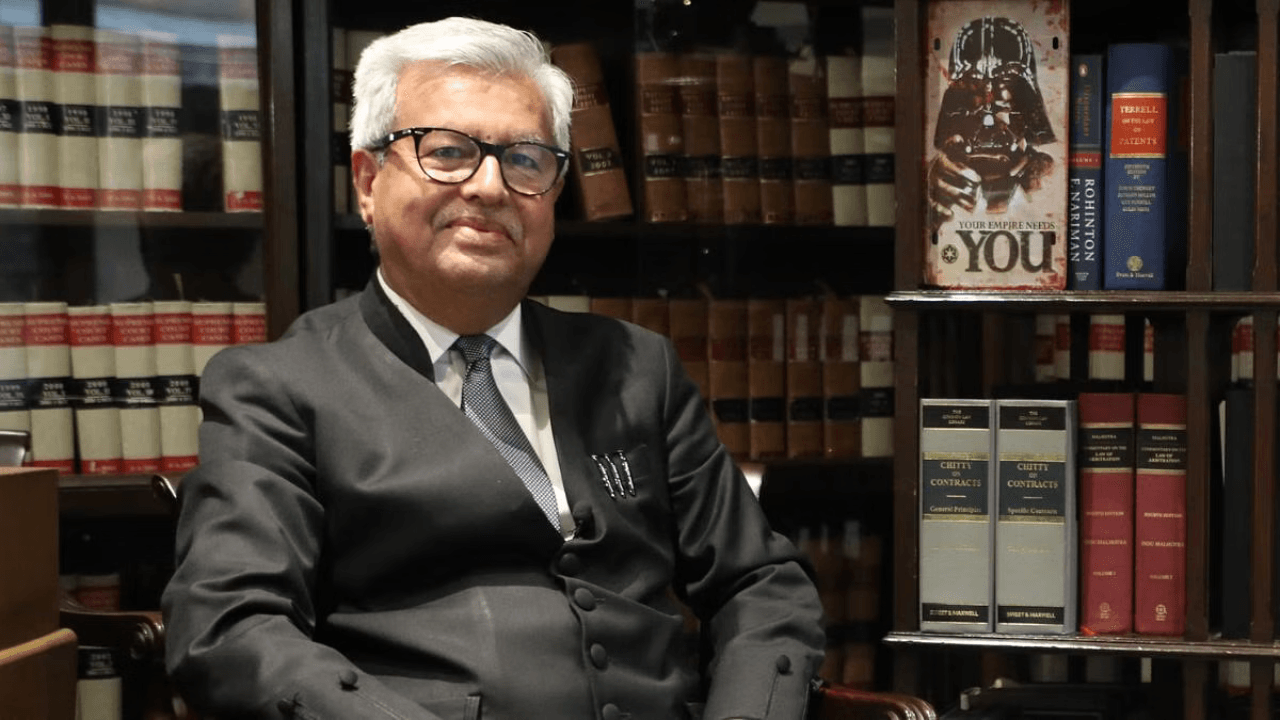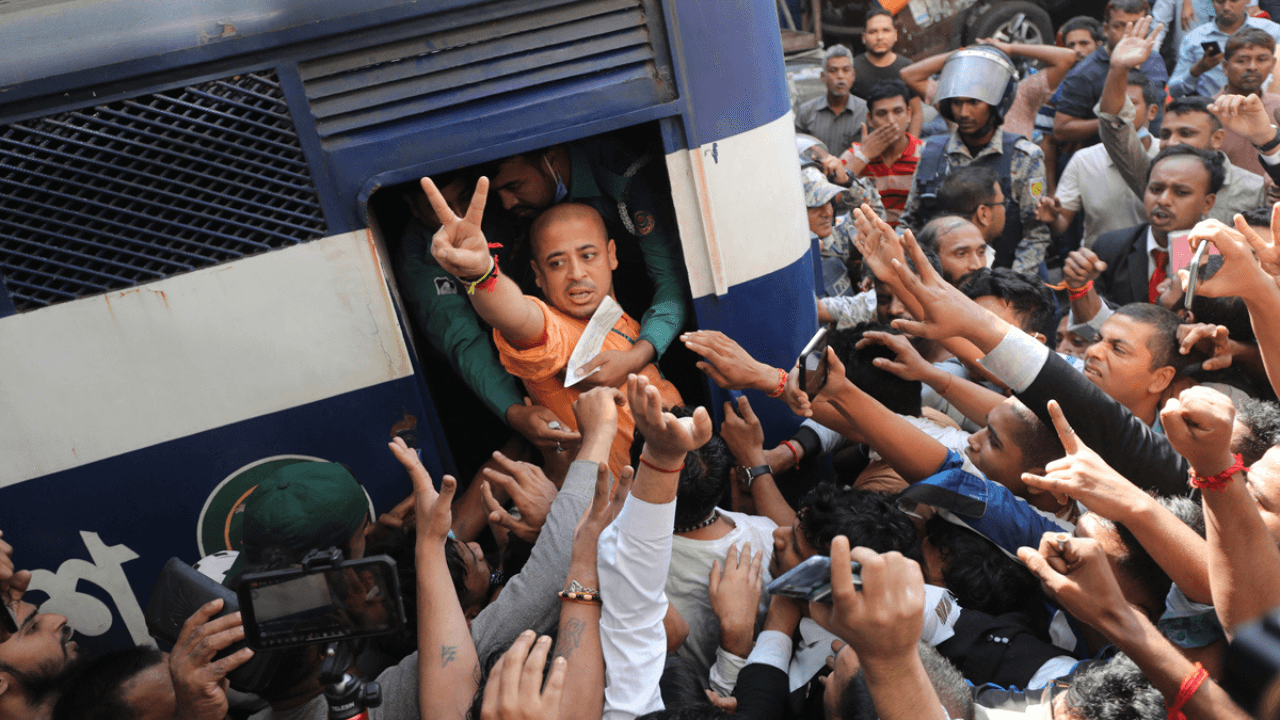The Election Commission of India (ECI) announced on Saturday that the Lok Sabha elections will be held in seven phases in Bihar from April 19 to June 1, while the counting of votes will be taken up on June 4.
Addressing media persons here, H.R. Srinivasa, the Chief Electoral Officer (CEO) of Bihar, said that four seats — Aurangabad, Gaya (SC), Nawada, and Jamui (SC) — will go to the polls in the first phase on April 19, while polling will be held in Kishanganj, Katihar, Purnea, Bhagalpur, and Banka in the second phase on April 26.
In the third phase, elections will be held in five seats — Jhanjharpur, Supaul, Araria, Madhepura, and Khagaria — on May 7, followed by the fourth phase of polling in Darbhanga, Ujiyarpur, Samastipur (SC), Begusarai, and Munger on May 13.
In the fifth phase on May 20, Sitamarhi, Madhubani, Muzaffarpur, Saran, and Hajipur (SC) will go to the polls.
On May 25, polling will be held in eight seats in the sixth phase — Valmikinagar, Paschim Champaran, Purvi Champaran, Sheohar, Vaishali, Gopalganj (SC), Siwan, and Maharajganj.
In the seventh phase, Nalanda, Patna Sahib, Patliputra, Arrah, Buxar, Sasaram, Karakat, and Jahanabad will go to the polls on June 1.
।। लोकसभा आम निर्वाचन, 2024।।
— Chief Electoral Officer, Bihar (@CEOBihar) March 16, 2024
बिहार में 77,392 पोलिंग स्टेशन हैं- मुख्य निर्वाचन पदाधिकारी, बिहार श्री एच आर श्रीनिवास।
मतदान का महात्यौहार, बिहार है तैयार।@eci#GeneralElection2024#ChunavKaParv#DeshKaGarv#ECI#Elections2024#goouttovote#ivoteforsure pic.twitter.com/OjgV87qzub
“More than 7.64 crore voters eligible to exercise franchise in Bihar”
More than 7.64 crore people in Bihar are eligible to exercise their franchise in the seven-phase Lok Sabha elections, as per the Election Commission data till January 22.
Bihar’s Chief Electoral Officer (CEO) H.R. Srinivasa said on Saturday that there are 4,00,29,136 male and 3,64,01,903 female voters in the state. Besides, there are 2,290 transgender voters who are eligible to exercise franchise in the Lok Sabha elections.
The highest 2,00,60,957 voters are in the 30-39 age group. The first-time voters in the 18 to 19 years age group are 10,03,175 while the number of voters in the 20-29 age group is 1,63,17,371, he said.
The CEO further said that 1,63,64,409 voters are in the 40-49 age group; 1,10,23,508 voters are in the age group of 50 to 59; 69,54,672 voters are in the 60-69 age group; 36,17,832 voters are between 70 and 79-year-old; and the number of voters in the 80 or above age group is 14,35,807.
“In the 2019 Lok Sabha elections, we provided the postal ballot facilities to the voters who are aged 80 or above but this time we have decided to provide this facility only to those who are above 85-year-old and their number is 6,66,949,” Srinivasa said.
The total number of polling stations in Bihar is 77,392 — 11,162 in urban and 66,230 in rural areas.
।। लोकसभा आम निर्वाचन, 2024।।
— Chief Electoral Officer, Bihar (@CEOBihar) March 16, 2024
बिहार में 77,392 पोलिंग स्टेशन हैं- मुख्य निर्वाचन पदाधिकारी, बिहार श्री एच आर श्रीनिवास।
मतदान का महात्यौहार, बिहार है तैयार।@eci#GeneralElection2024#ChunavKaParv#DeshKaGarv#ECI#Elections2024#goouttovote#ivoteforsure pic.twitter.com/OjgV87qzub
The Election Commission has also proposed to set up 243 model polling stations, 76 polling stations managed by youth, and 243 polling stations managed by women in the state.
“Low voter turnout biggest challenge”
Bihar’s Chief Electoral Officer (CEO) H.R. Srinivasa has said that the low voter turnout in the state remains the biggest challenge for him and he is proactively making efforts to increase the same.
“The biggest challenge in Bihar is low voter turnout on the polling days. Bihar has the lowest polling percentage after Jammu and Kashmir in the 2019 Lok Sabha elections. The average turnout in the country was 67 per cent last time while in Bihar, it was 56 per cent,” he told IANS on Saturday.
“We are making efforts to increase voter turnout in the state. We have already launched many campaigns to encourage voters’ engagement and participation in the Lok Sabha elections. We are appealing to people to reach polling booths and use their voting rights in maximum numbers,” the CEO added.
साथ-साथ मतदाता जागरूकता रैली भी निकाली। जिसमे जीविका दीदी एवं ग्रामीणों द्वारा "वोट डालने जाना है, अपना फर्ज निभाना है" आदि के नारे भी लगाए गए।@IPRD_Bihar @CEOBihar @ECISVEEP #ChunaavKaParv#SheikhpuraSveep2024 pic.twitter.com/0JmpaEozLz
— जिला प्रशासन शेखपुरा (@dmsheikhpura) March 16, 2024
Srinivasa further said that eligible people who haven’t yet registered in the electoral roll are being encouraged to enrol in the voter list.
The number of first-time voters, who are in the 18-19 age group, is the lowest in the state while those in the 30-39 age group are the highest. A large number of young voters have enrolled their names in the electoral roll, he said.
About the enforcement of the Model Code of Conduct (MCC), the CEO said that all political posters and banners will be removed from streets, buildings and government offices within a maximum of 72 hours.
“The MCC has been implemented in the state and we have already started removing posters and banners from government and private buildings, roads, streets, and other public places. No political party or leaders will be allowed to use government or private places like petrol pumps or roads for advertisements. They have to get permission from the competent authorities for advertisement and election campaigns,” Srinivasa said.
Defacement Removal@CEOBihar pic.twitter.com/CUDF4kN7Cw
— District Gopalganj (@Dist_Gopalganj) March 17, 2024
“Officers posted at one place for more than three years will be transferred immediately,” he added.
The CEO said that people can report MCC violations through the ‘cVIGIL’. “Once a complaint is registered on the app, within 25 minutes our flying squad will reach the spot to check the violation,” he said.
About sensitive and super-sensitive polling stations in the state, Srinivasa said that the process of identifying such polling stations is currently underway and the final figures are yet to come.












